-
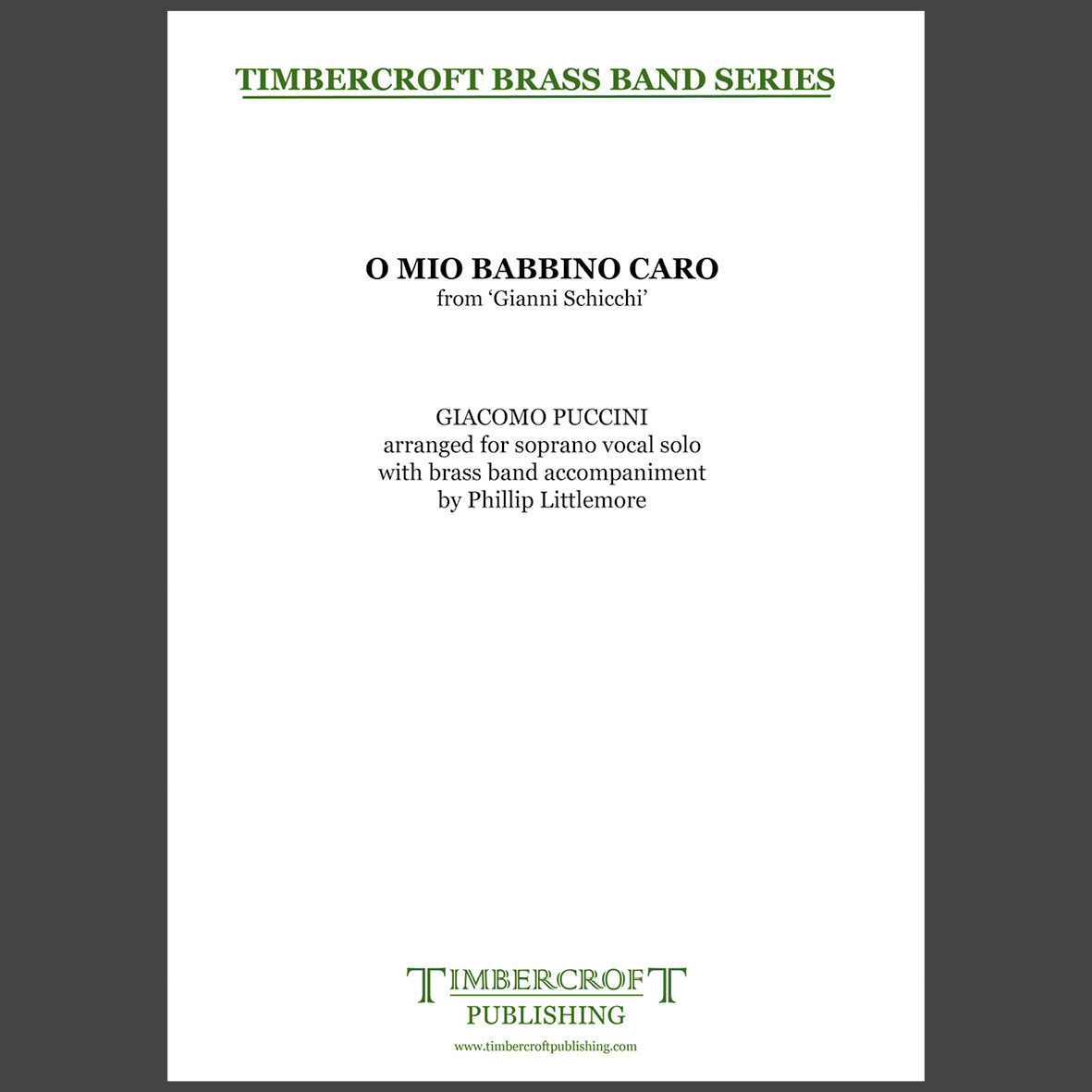 £25.00
£25.00O Mio Babbino Caro - vocal solo (Giacomo Puccini arr. Phillip Littlemore
Estimated dispatch 5-7 working days
-
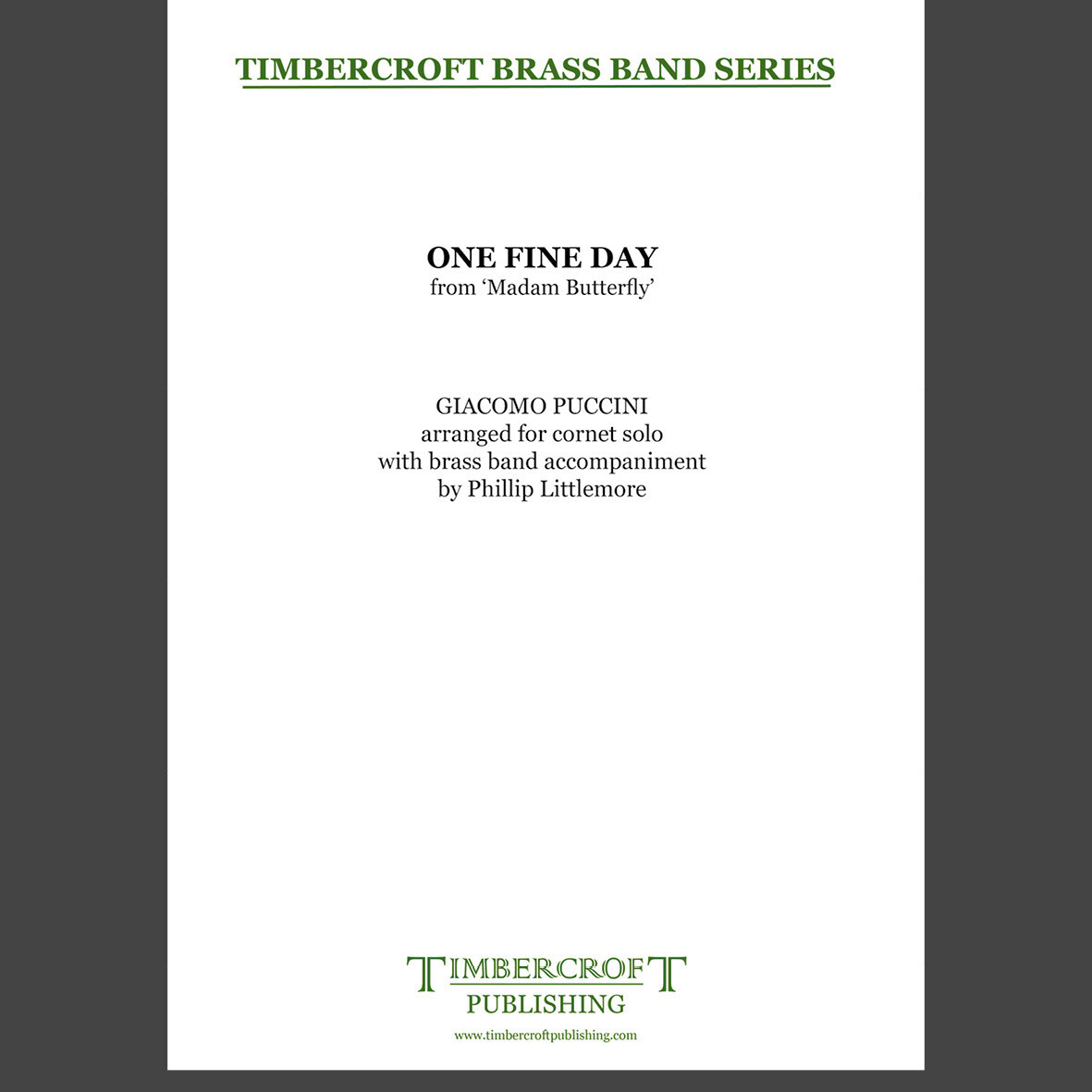 £25.00
£25.00One Fine Day - cornet solo
Estimated dispatch 5-7 working days
-
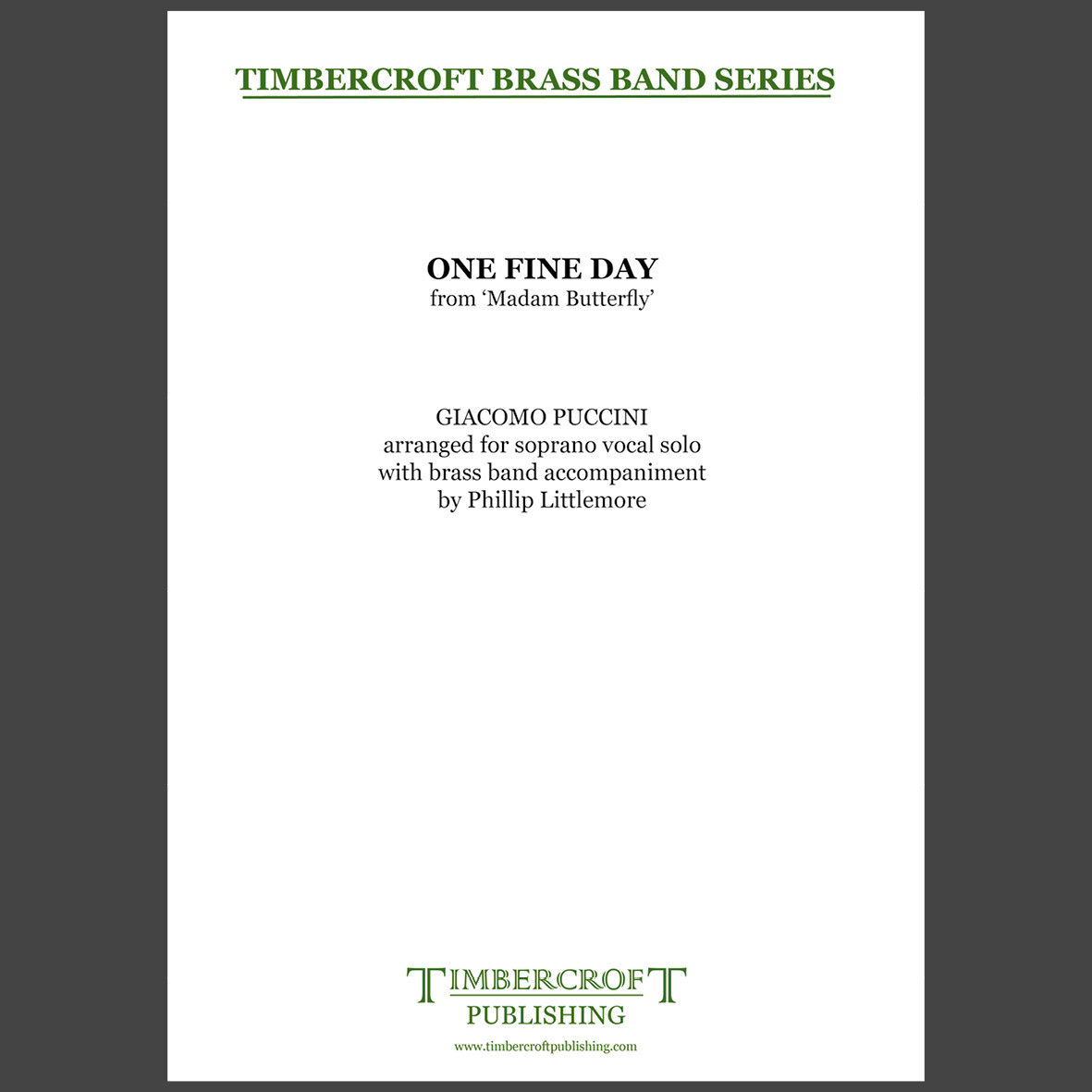 £25.00
£25.00One Fine Day - vocal solo
Estimated dispatch 5-7 working days
-
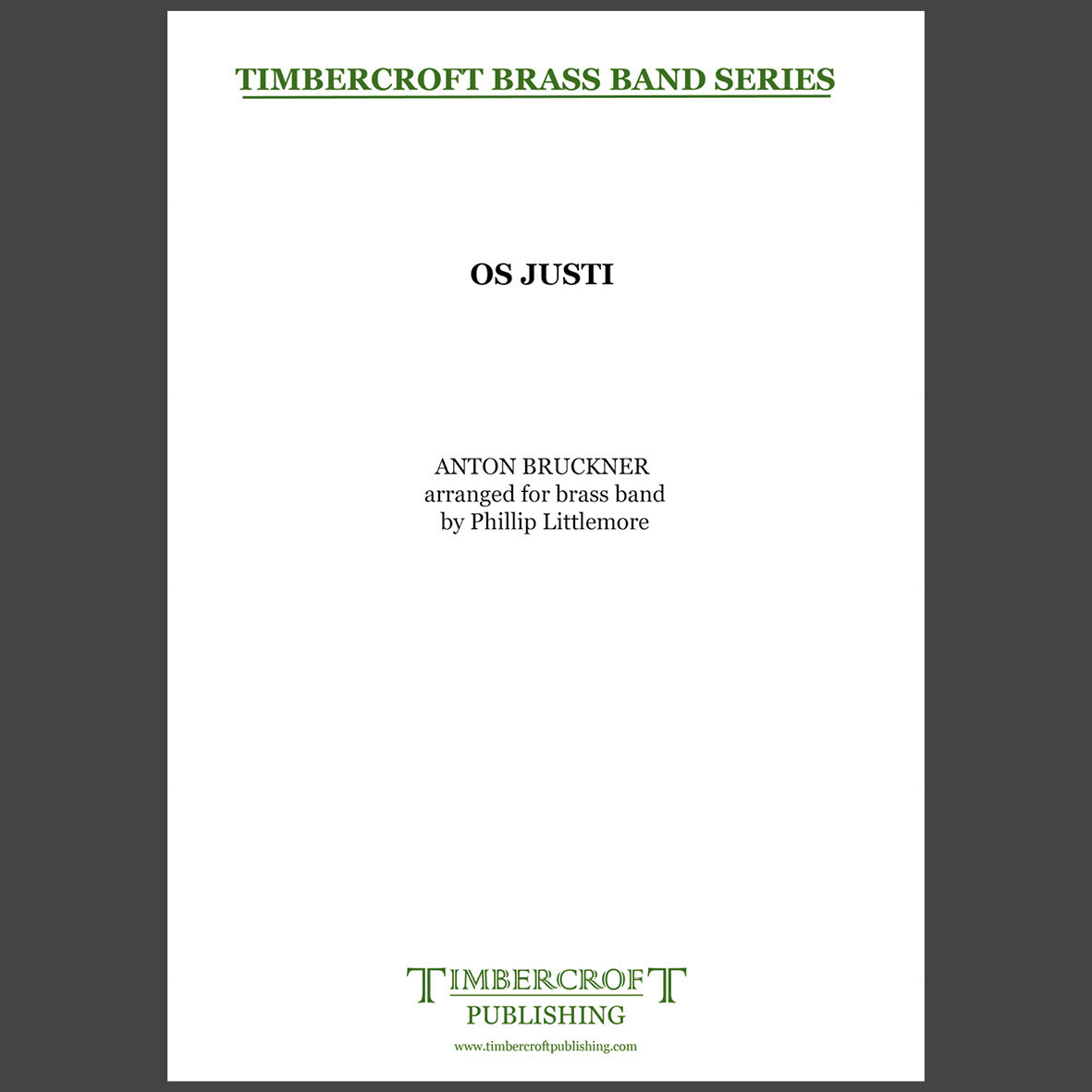 £30.00
£30.00Os Justi - Anton Bruckner arr. Phillip Littlemore
Estimated dispatch 5-7 working days
-
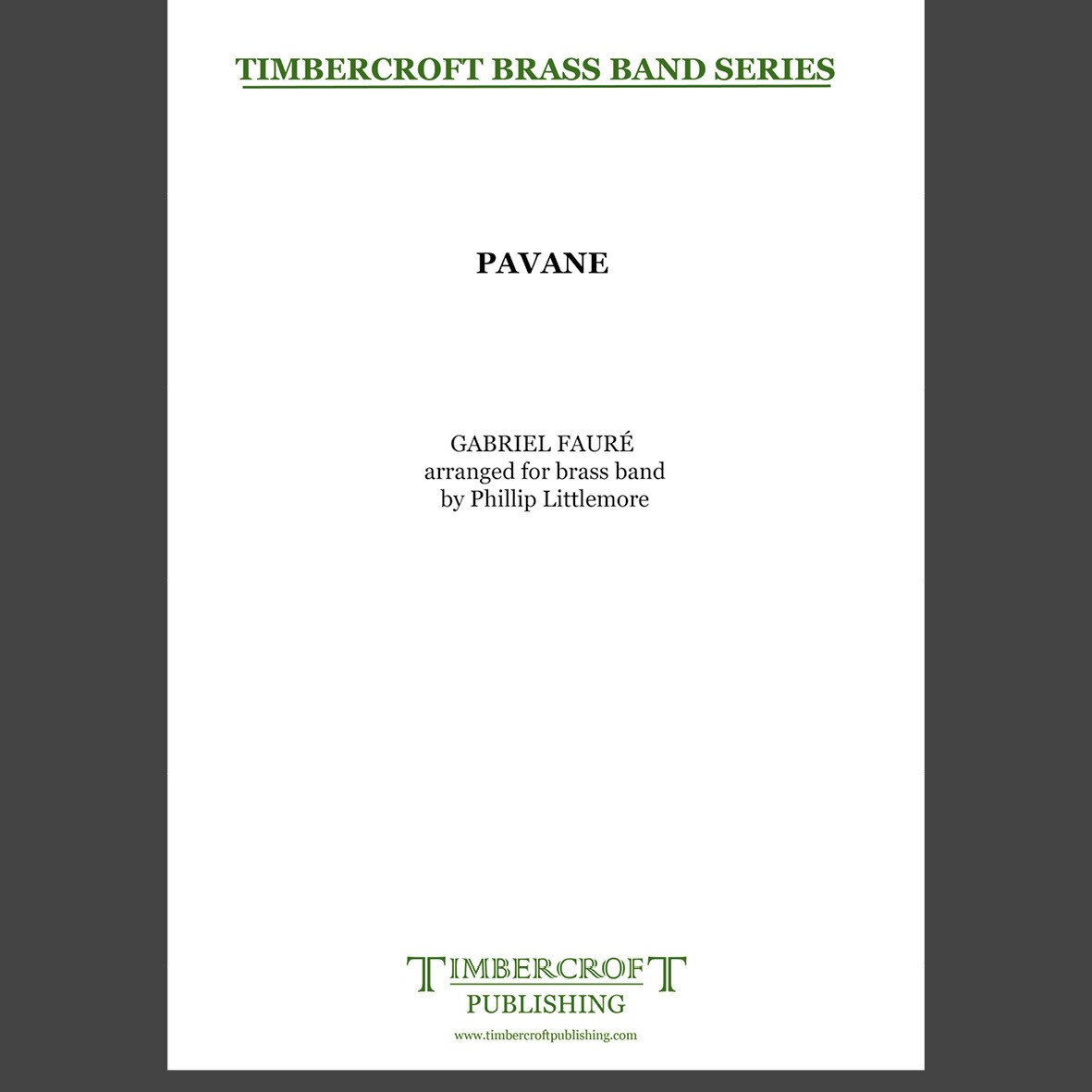 £30.00
£30.00Pavane - Gabriel FaurA(c) arr. Phillip Littlemore
Estimated dispatch 5-7 working days
-
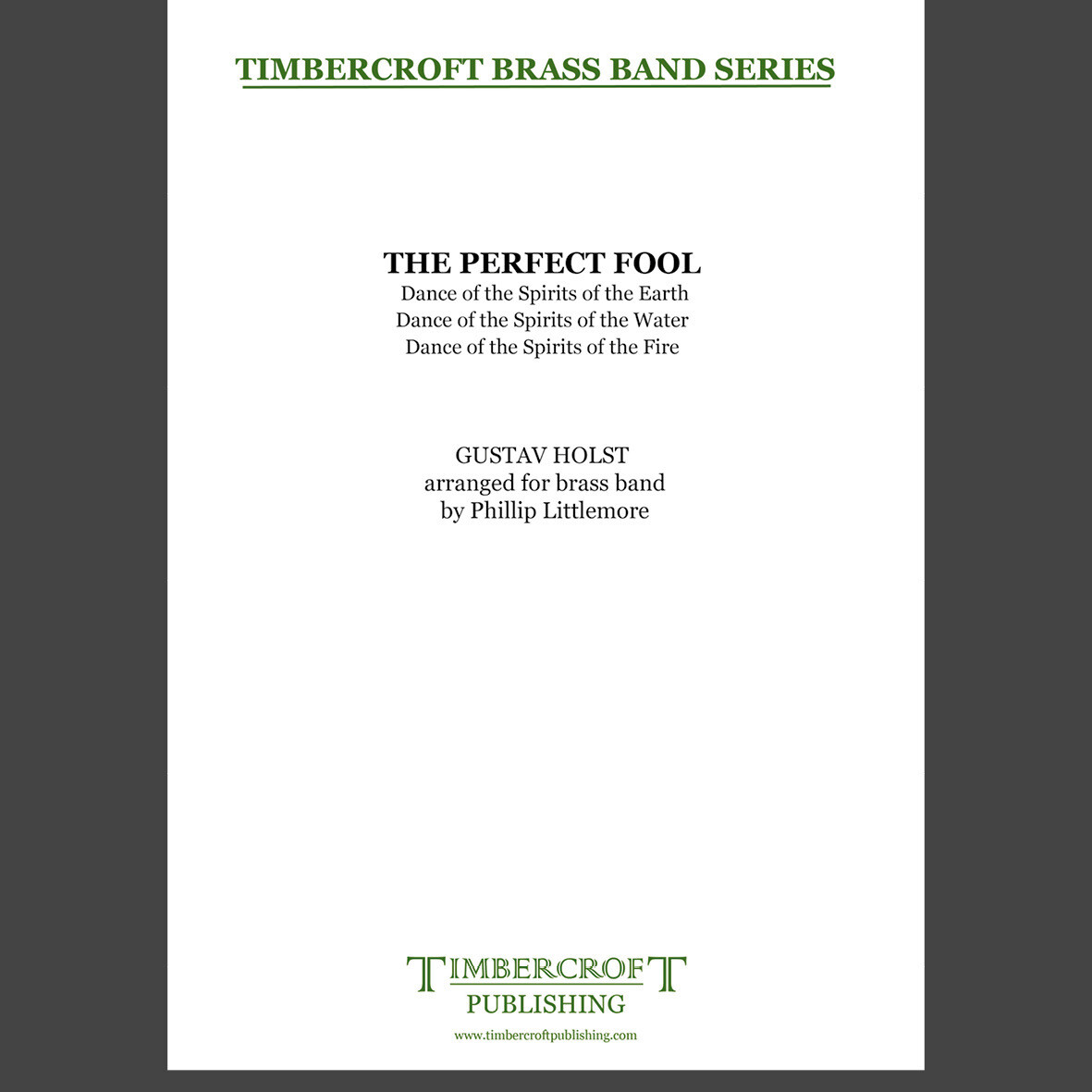 £55.00
£55.00Perfect Fool, The - Gustav Holst arr. Phillip Littlemore
Estimated dispatch 5-7 working days
-
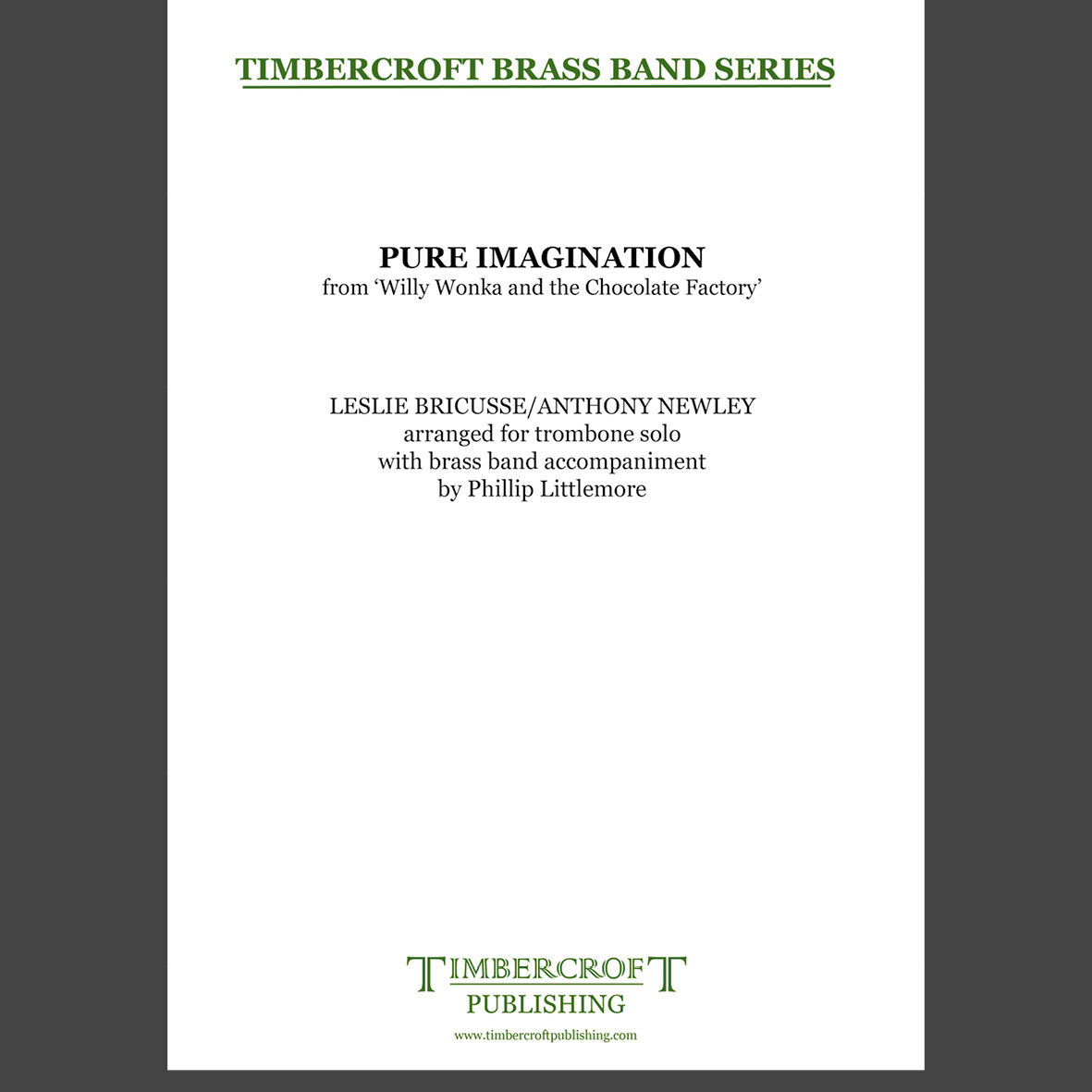 £35.00
£35.00Pure Imagination - Leslie Bricusse/Anthony Newley arr. Phillip Littlemore
Estimated dispatch 5-7 working days
-
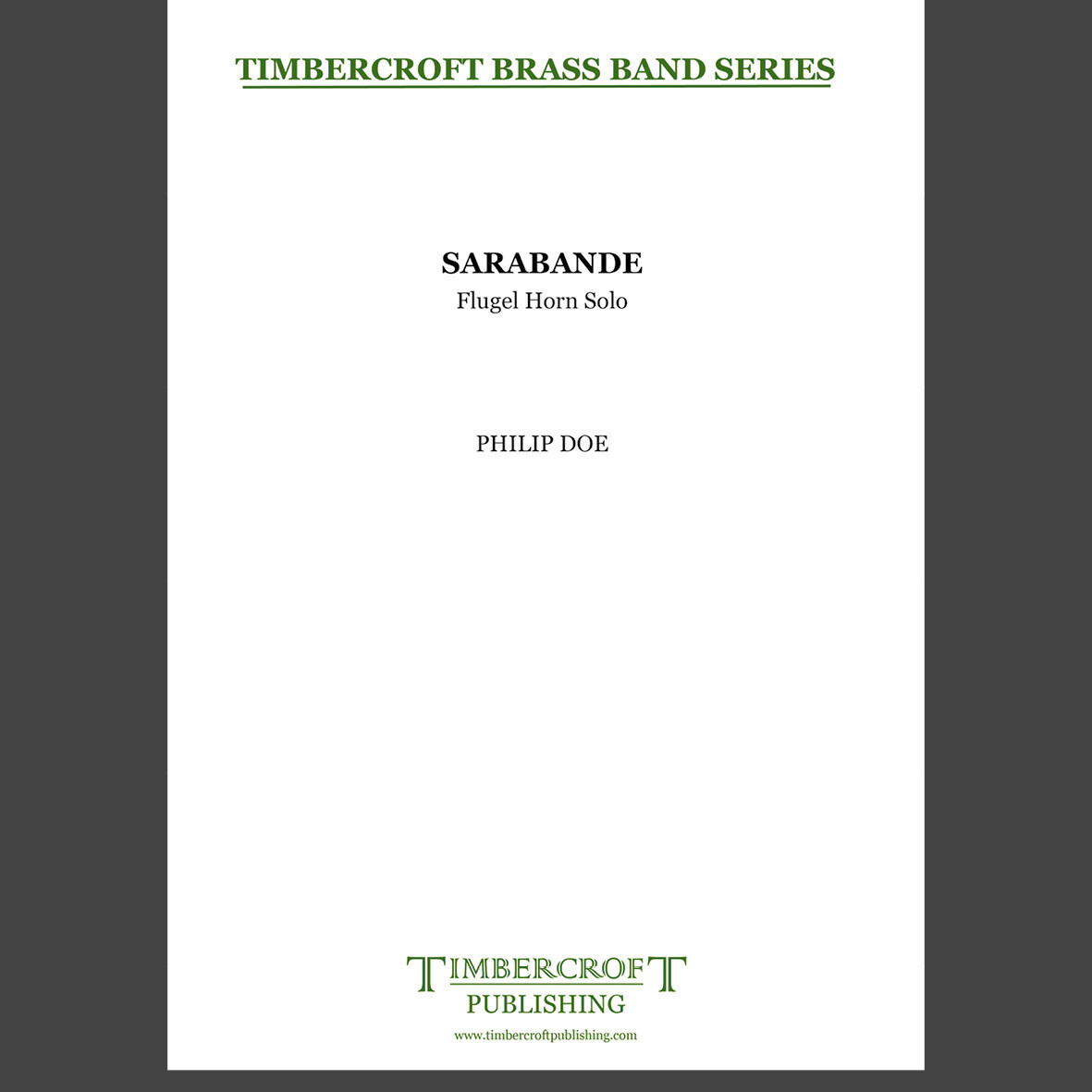 £30.00
£30.00Sarabande - Philip Doe
Estimated dispatch 5-7 working days
-
 £55.00
£55.00Second Suite in F - Gustav Holst arr. Phillip Littlemore
Estimated dispatch 5-7 working days
-
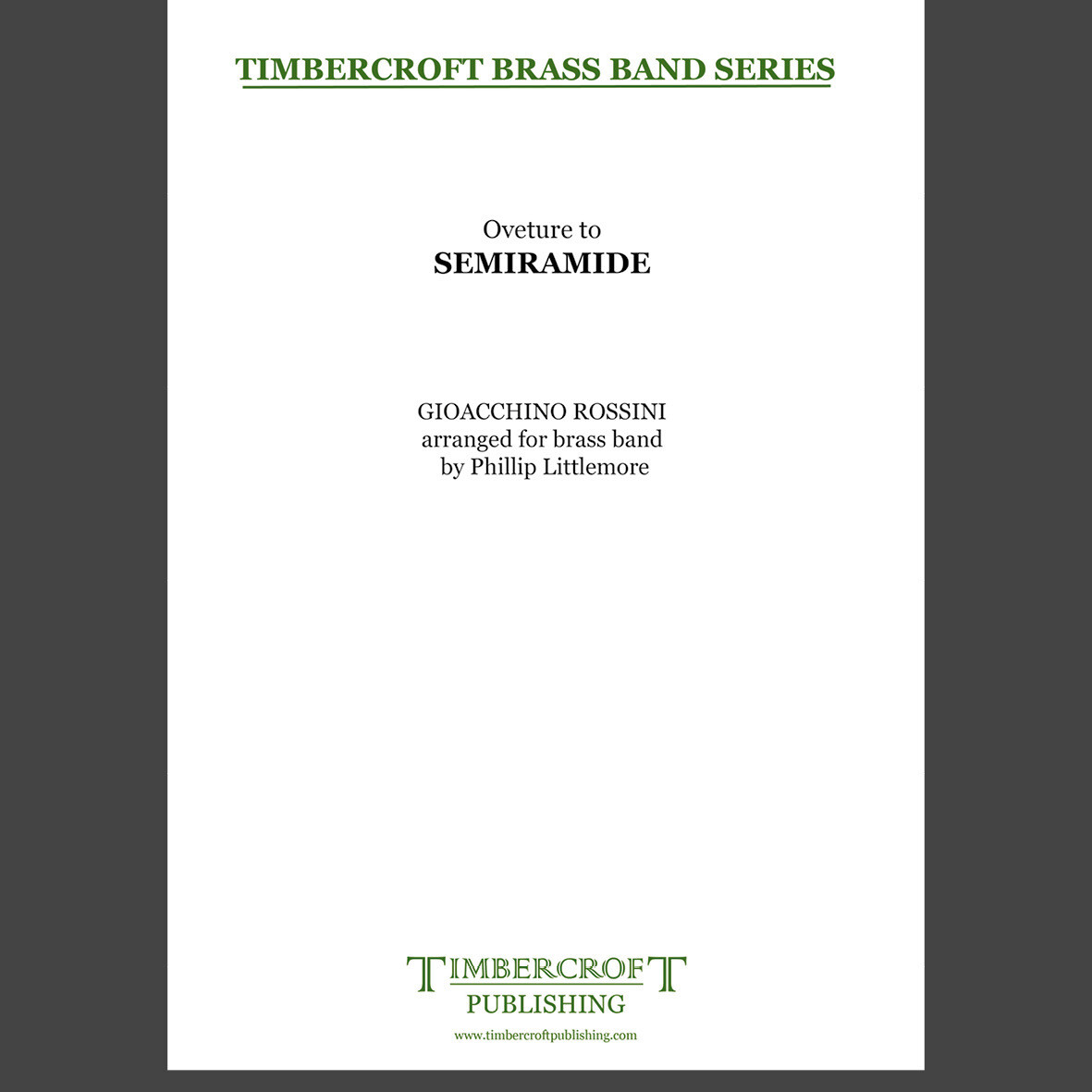 £40.00
£40.00Semiramide - Gioacchino Rossini arr. Phillip Littlemore
Estimated dispatch 5-7 working days
Searching for Wind Band Music? Visit the Wind Band Music Shop

Sign-up to our mailing list for the latest Brass Band music releases & special offers.
Tel: (07852) 519 763 | International: +44 785 251 9763 | Email: [email protected]
PLEASE NOTE: We shall be closed for annual holiday from Wednesday 9th April & re-open again on Monday 14th April. This will delay our usual dispatch time by 2-3 days. Thank you for your understanding.
Use the search box below to search for music for
Brass Band | Brass Ensemble | Junior Band | Flexi Band | Solos with Piano | Practice & Solo Books
Brass Band | Brass Ensemble | Junior Band | Flexi Band | Solos with Piano | Practice & Solo Books